Jeffrey Lewis is an American novelist who has also written for television (including Hill Street Blues). His latest novel takes us to the small town of Sneeds Harbor on the coast of Maine. Walter and Charley Rath came to Sneeds twenty years ago with money, which they used to buy their house, and a disused summer camp for Charley’s art studio.
All this changes when their son Stephen dies in a carjacking in the Bronx. He worked with young people, aiming to keep them out of prison. His dream was to set up a programme on which Bronx kids could experience a different way of life by spending a couple of weeks in Sneeds Harbor.
Walter and Charley decide to honour Stephen’s memory by giving over their home to his dream project. Walter describes this as the Land of Cockaigne, referring to a mythical land of plenty from the Middle Ages. The Raths’ idea is not totally welcomed in Sneeds Harbor, but change is on its way regardless…
One of my favourite things about Land of Cockaigne is its style, which I would describe as nervy and on-edge:
Back in Sneeds the Raths did the things that were done by people in their situation, including not knowing what to call their situation so that they wouldn’t be hurt further either by too much honesty or too many lies, the middle way of grief.
There’s something in the shape of the sentences that means they don’t quite run smoothly. This really suits a novel about a community going through intense social change, and makes for striking reading.
Published by Haus Publishing.
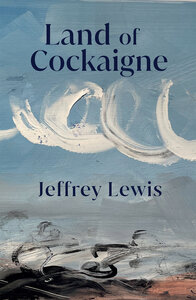
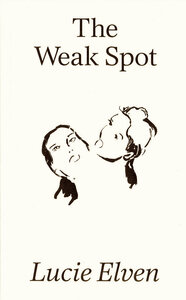
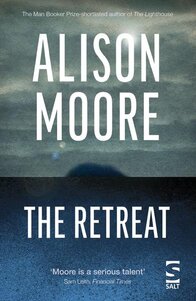
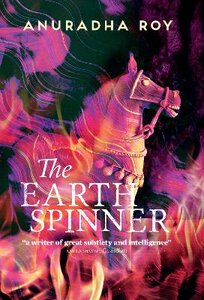
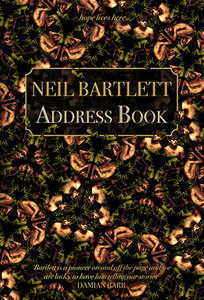
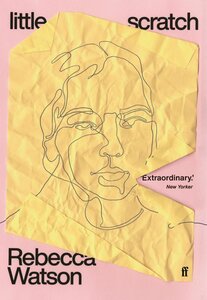
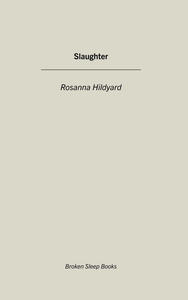
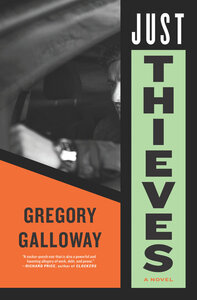
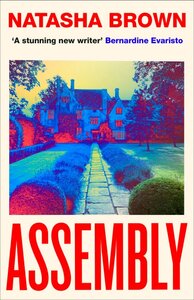
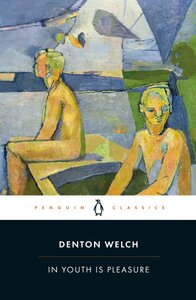
Recent Comments